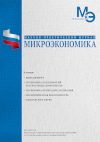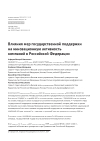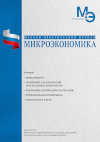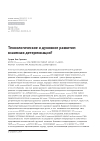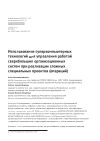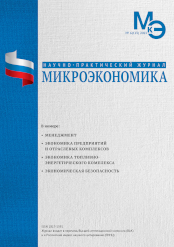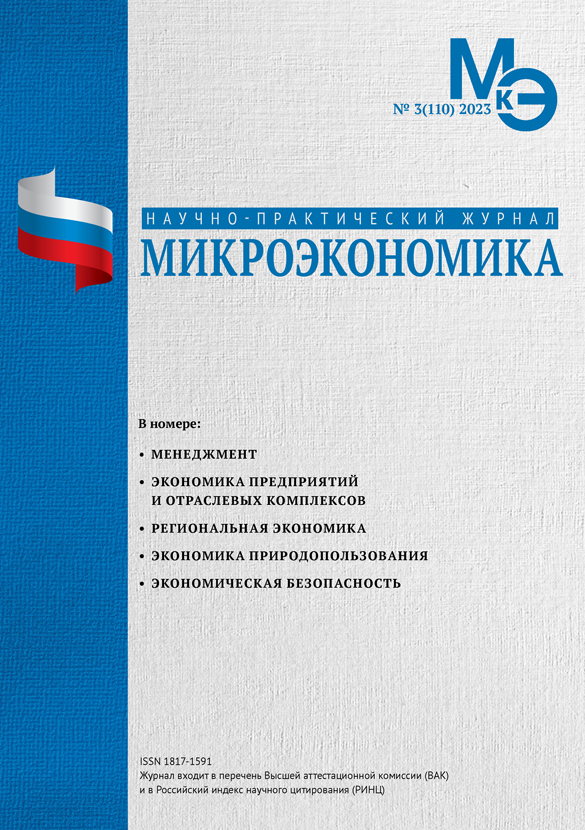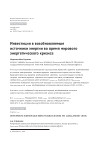State and prospects of scientific and technical co-operation and development of the EAEU
DOI: 10.33917/mic-2.121.2025.14-23
Globalisation, accompanied by the industrial leadership of «developed countries», is being replaced by regionalisation, which is built on conditions of equality and cooperation in common interests. The EU and the Eurasian Economic Union are illustrative examples of the international organisation of regional economic integration. In the context of changes in the architecture of the global technological system, the EAEU faces the task of deepening scientific and technical co-operation. On the agenda is the issue of reducing the level of import dependence in a number of types of finished products, the solution to these issues is associated with the involvement of research base: Eurasian technology platforms, the work of which is aimed at consolidating the scientific potential of the EAEU countries on the way to achieving technological sovereignty. The article analyses the organisation of scientific and technical cooperation in the EU in order to use this experience to solve problems and justify the prospects of scientific and technical cooperation and industrial cooperation within the EAEU.
References:
1. Decision of the Supreme Eurasian Economic Council of 11.12.2020 No. 12: Strategic Directions for the Development of Eurasian Economic Integration until 2025. Effective date: 12.01.2021.
2. Platonova I.N. et al. International Economic Relations in the Global Economy: textbook for universities. Moscow: Yurait, 2023. 528 p.
3. Smitienko B.M. et al. World Economy in 2 Parts. Part 1: textbook for universities / edited by B.M. Smitienko, N.V. Lukyanovich. – 4th ed., revised. and additional. Moscow: Yurait, 2023. 216 p.
4. Ignatova O.V., Orlova N.L., Gorbunova O.A., Ason T.A. Global Economy and International Economic Relations. Workshop: Textbook for Universities / edited by O.V. Ignatova. Moscow: Yurait, 2023. 212 p.
5. Glazyev S.Yu. Problems of Development of Eurasian Economic Integration: How to Resolve Them? Eurasian Integration: Economics, Law, Politics. 2022; 3 (41). URL: https://cyberleninka.ru/article/n/problemy-razvitiya-evraziyskoy-ekonomicheskoy-integratsii-kak-ih-razreshit
6. Glazyev S.Yu. On Strategic Directions of Development of the EAEU. Eurasian Integration: Economics, Law, Politics. 2020;1 (31). URL: https://cyberleninka.ru/article/n/o-strategicheskih-napravleniyah-razvitiya-eaes
7. Glazyev S.Yu. EAEU – EU: Prospects for a Comprehensive Economic Agreement. Eurasian Integration: Economics, Law, Politics. 2019;4 (30). URL: https://cyberleninka.ru/article/n/eaes-es-perspektivy-vseobemlyuschego-ekonomicheskogo-soglasheniya
8. Glazyev S.Yu., Tkachuk S.P. On the Parameters of Economic Development in the EAEU until 2035. International Trade and Trade Policy. 2023;9(1):90–112.
9. Federal State Statistics Service. URL: https://www.gks.ru/










